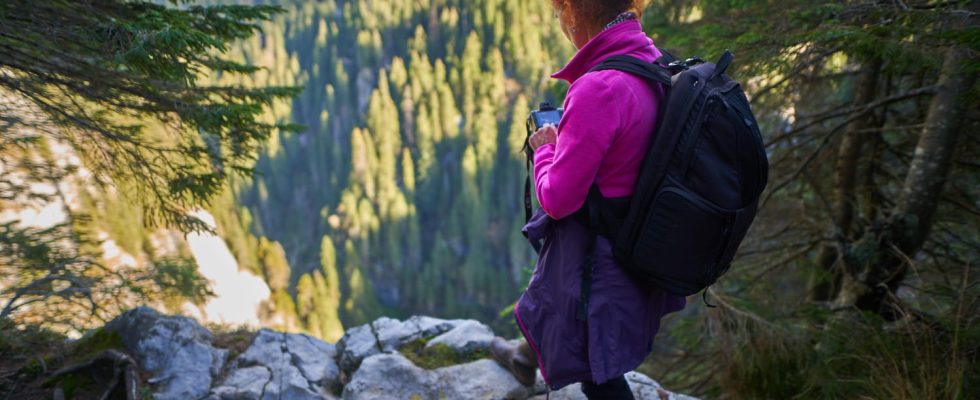Fear of heights (or acrophobia) is characterized by a panicky fear of being at height, facing heights, in a car in the mountains, etc. A feeling of dizziness occurs. Fortunately, there are solutions to overcome it.
What is the scientific name for phobia of heights?
The scientific name for vacuum phobia isacrophobia. The term comes from Greek: ἄκρον / ákron, meaning “peak, summit, height”, and φόβος / phóbos, “fear”)
What is the definition of fear of heights?
Acrophobia refers to a specific phobia which is characterized by a panic fear of heights and heights, without a rational link with the danger present. In other words, the person who has a phobia of heights can panic and lose their composure when they find themselves at a height or facing a void. This can also occur by car, when taking mountain roads for example, on the side of a cliff. It is a fear of anticipation: we see ourselves falling, and by extension, dying.
What is the difference with vertigo?
The fear of emptiness should not be confused with vertigo which is due to dysfunction of the vestibular system or even neurological or cerebral damage.
What are the typical symptoms of a fear of heights?
Like any phobia, acrophobia can trigger different reactions:
- an acceleration of the heart rate,
- severe anxiety,
- excessive sweating,
- nausea,
- digestive disorders,
- a panic attack,
- avoidance of situations,
- a feeling of being attracted by emptiness,
- loss of balance,
- feelings of dizziness
- palpitations…
What is the spiritual meaning of a phobia of heights?
“The meaning of phobia of heights is not clearly defined, and moreover it is not necessarily useful in supporting the patient towards recovery“, explains the psychologist.
What are the possible causes?
Acrophobia can have different causes. Most often, it is due to the parental model in the face of danger : if we have received permanent warnings such as “don’t come any closer, you risk fallingr”, “be careful, it’s dangerous!” for example. The fear of heights can also echo trauma experienced or observed in others. It can also be linked to a inner ear dysfunctionwhich causes dizziness and activates an anticipated fear of falling.
What are the solutions to overcome your fear of heights?
As with any phobia (of crowds, of holes, of clowns, etc.), the main therapeutic tool in cases of acrophobia is cognitive and behavioral therapy (CBT) with exposure protocol. It can be combined with other relaxation techniques (mindfulness meditation, virtual reality, etc.)Hypnosis is also a tool that can be very useful. It allows the patient to dissociate from their phobia, they can thus regain suppleness and flexibility in their daily life. Finally, Ritmo and EMDRtrauma management tools can also be used depending on the origin of the phobia“, adds the psychologist.
Thanks to Carine Grzesiak, psychologist.
